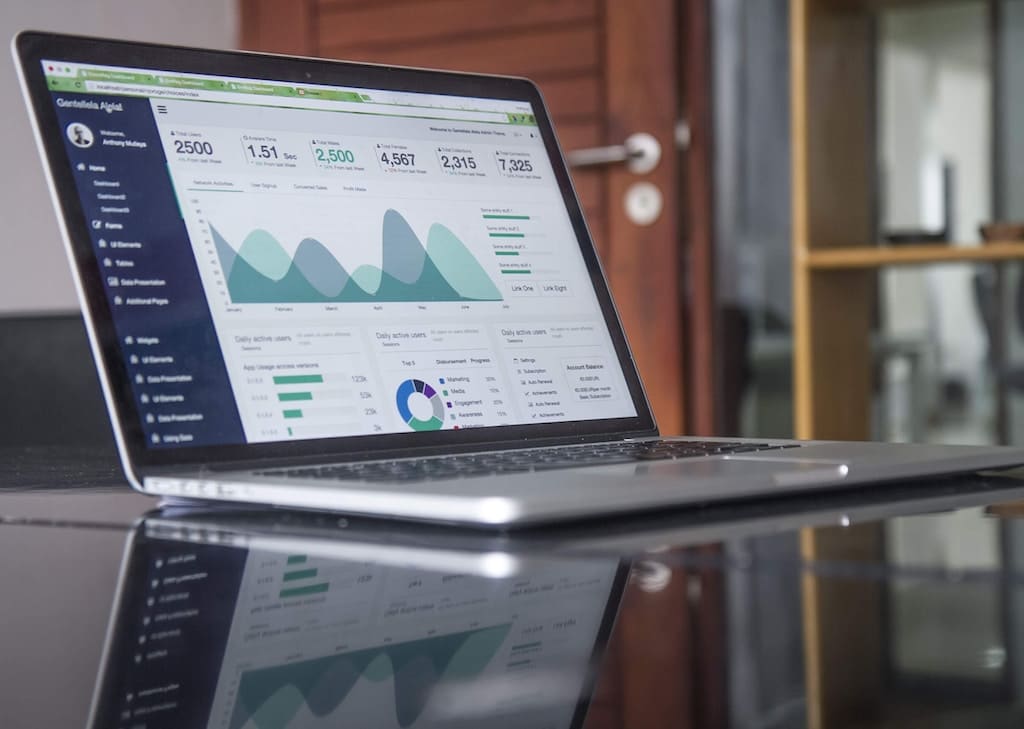Navigating the Data Ocean: How Data Governance Software Streamlines Business Operations
The modern business landscape is often likened to an ocean of data. Every transaction, interaction, and decision adds more droplets to this vast sea. However, without proper navigation, this ocean can be more of a hindrance than a help. That’s where data governance comes into play, and more specifically, the role of data governance software.
Why Data Governance Matters
Data governance forms the compass and rudder for a business sailing on the data ocean. It helps establish guidelines and processes to manage, protect, and optimize the use of data. More than just a set of rules, effective data governance ensures data accuracy, security, and regulatory compliance. It is the cornerstone of informed decision-making, as it ensures that quality data is available, reliable, and used correctly.
The Impact of Data Governance Software
Here, data governance software serves as the navigator. It’s a class of software designed to manage and enforce the diverse aspects of data governance. Such software solutions enable businesses to implement their data governance policies more efficiently and effectively, automating what can be a time-consuming and complex process.
Key Features of Data Governance Software
The practicality of data governance software lies in the wide array of features they offer. Some key capabilities to look out for include:
- Data Quality Management: This involves tools for data cleansing, standardization, and validation to improve and maintain data accuracy.
- Metadata Management: These tools assist in data cataloging and classification, which makes data easy to find and understand.
- Data Security: Important for protecting sensitive data, this includes features like access control, encryption, and data masking.
- Regulatory Compliance: Crucial in regulated industries, these tools help companies adhere to various data protection regulations.
- Data Lineage: This allows for the tracking of data throughout its lifecycle, essential for audit trails and understanding the impact of changes.
Selecting Your Data Governance Software
When choosing your data governance software, it’s important to consider your specific needs and objectives. A few factors to weigh are:
- Functionality: Ensure the software covers all areas of data governance and offers the necessary tools.
- Usability: The software should be user-friendly, with intuitive interfaces and workflows.
- Scalability: As your business grows, so too will your data. The software must be able to grow with you.
- Support: Look for vendors that offer strong technical support and training resources.
- Cost: Consider the cost of the software against the budget and the ROI.
The Takeaway
In the vast ocean of data, navigation is critical. With effective data governance, businesses can avoid potential risks, seize opportunities, and derive valuable insights from their data. By harnessing data governance software, this process becomes easier and more efficient, empowering businesses to make the most of their data.
Remember, the strength of your data governance ultimately determines the value you can derive from your data. Choosing the right tools and implementing them effectively is an essential step on the journey to data-driven success. So set your course and let data governance software guide you through the data ocean towards your business objectives.

























